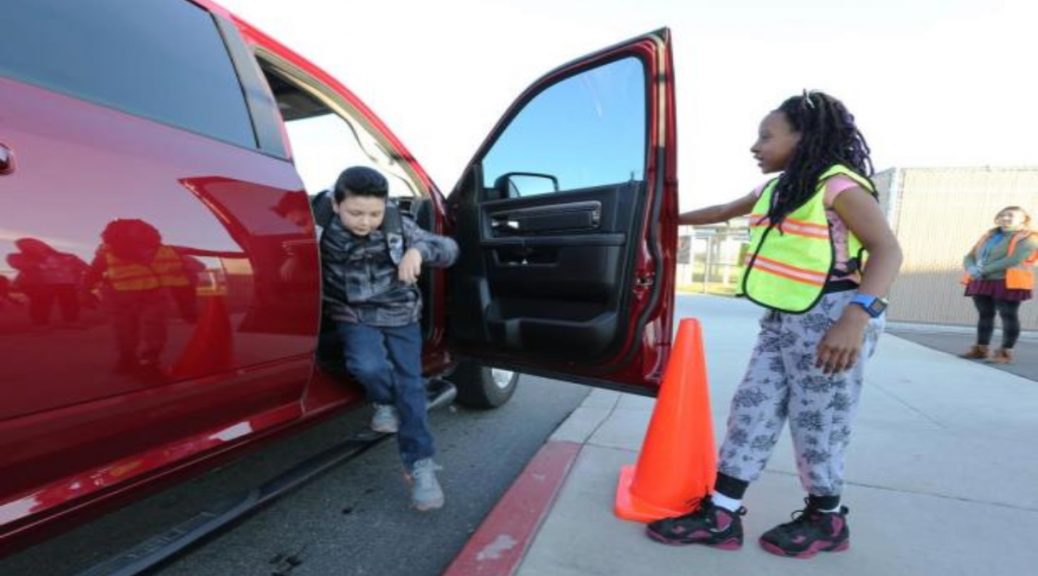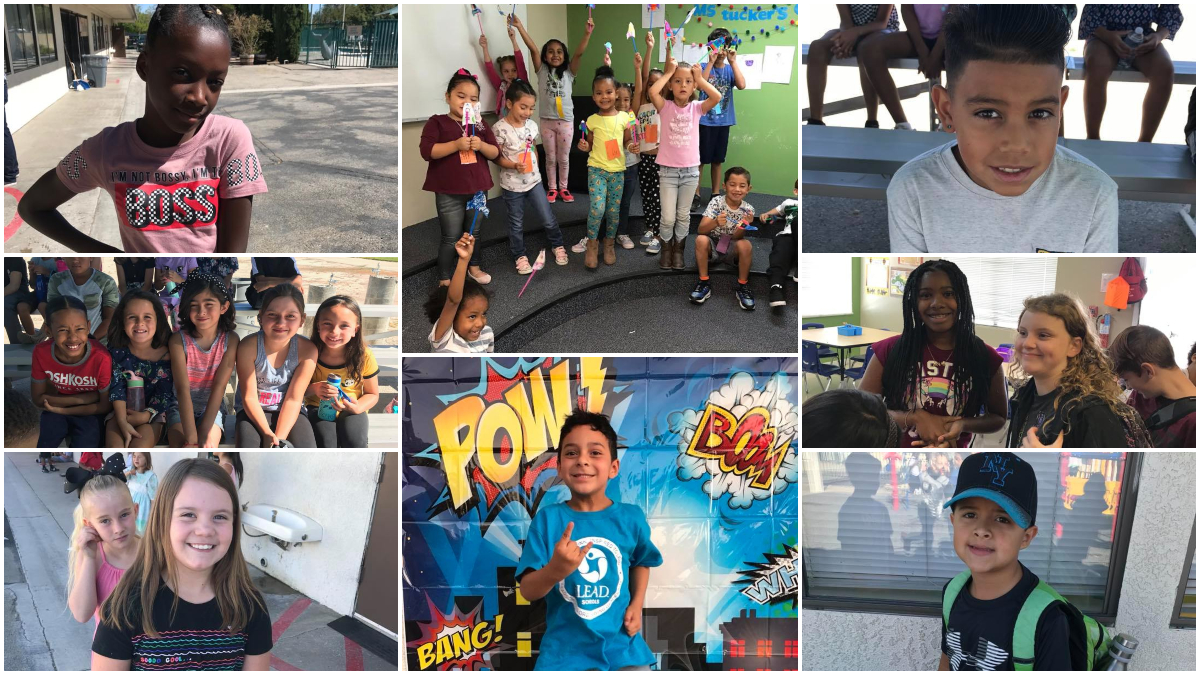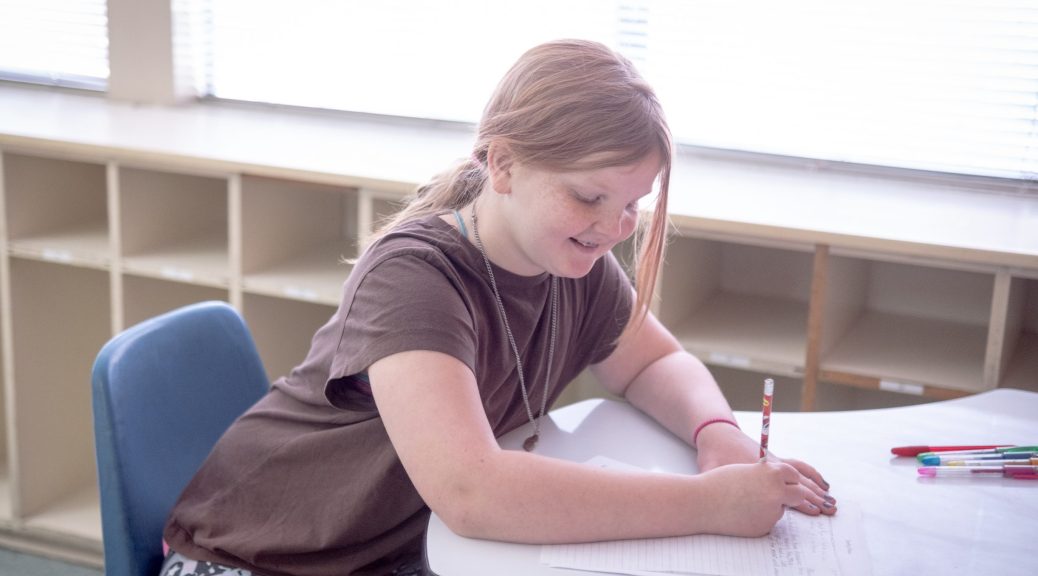Here at iLEAD Antelope Valley, social-emotional learning is integral to our whole-child educational approach.
A whole-child mind-set means that we are focused on far more than teaching to tests or holding up state standards as the be-all, end-all of education. We believe in focusing on the whole child and promoting social-emotional learning, because education is about more than test scores.
Whole-child development empowers kids to be creative, engaged citizens. With that in mind, we believe it’s our responsibility to nurture learners’ creative abilities to express themselves, understand others, and navigate complex information so they can confidently solve the problems of an ever-changing world.
So when we say we focus on “whole child” development, what do we mean? We’re talking about an approach to project-based learning that emphasizes the following deeper-learning approaches:
Mastery of Core Academic Content: Learners lay their academic foundation in subjects such as reading, writing, arts, math, and science, understanding essential principles and procedures, recalling facts, and drawing on their knowledge to complete tasks.
Critical Thinking and Problem-Solving: Our learners understand how to construct effective arguments using their critical, analytical, and creative skills. They develop the know-how to come up with solutions to complex problems.
Collaboration: Learners embrace teamwork and consider multiple viewpoints to cooperate and achieve shared goals.
Effective Communication: Learners communicate effectively in writing and oral presentations. They structure information in meaningful ways, listen to and give feedback, and construct messages for particular audiences.
Self-Directed Learning: Learners develop the ability to set goals, monitor their own progress, and reflect on their strengths and areas for improvement. They learn to see setbacks as opportunities to grow and be more adaptive.
Growth Mind-set: Learners with a growth mind-set believe in themselves. They trust their abilities and believe their hard work will pay off; they persist to overcome obstacles. In the process, they also learn from and support each other and see the relevance of their schoolwork to the real world and their own future success.
Coupled with vibrant project-based education and social-emotional learning, all these elements work together to empower kids to overcome any challenge that comes their way academically; but more than that, they build the character to succeed in the 21st century.





